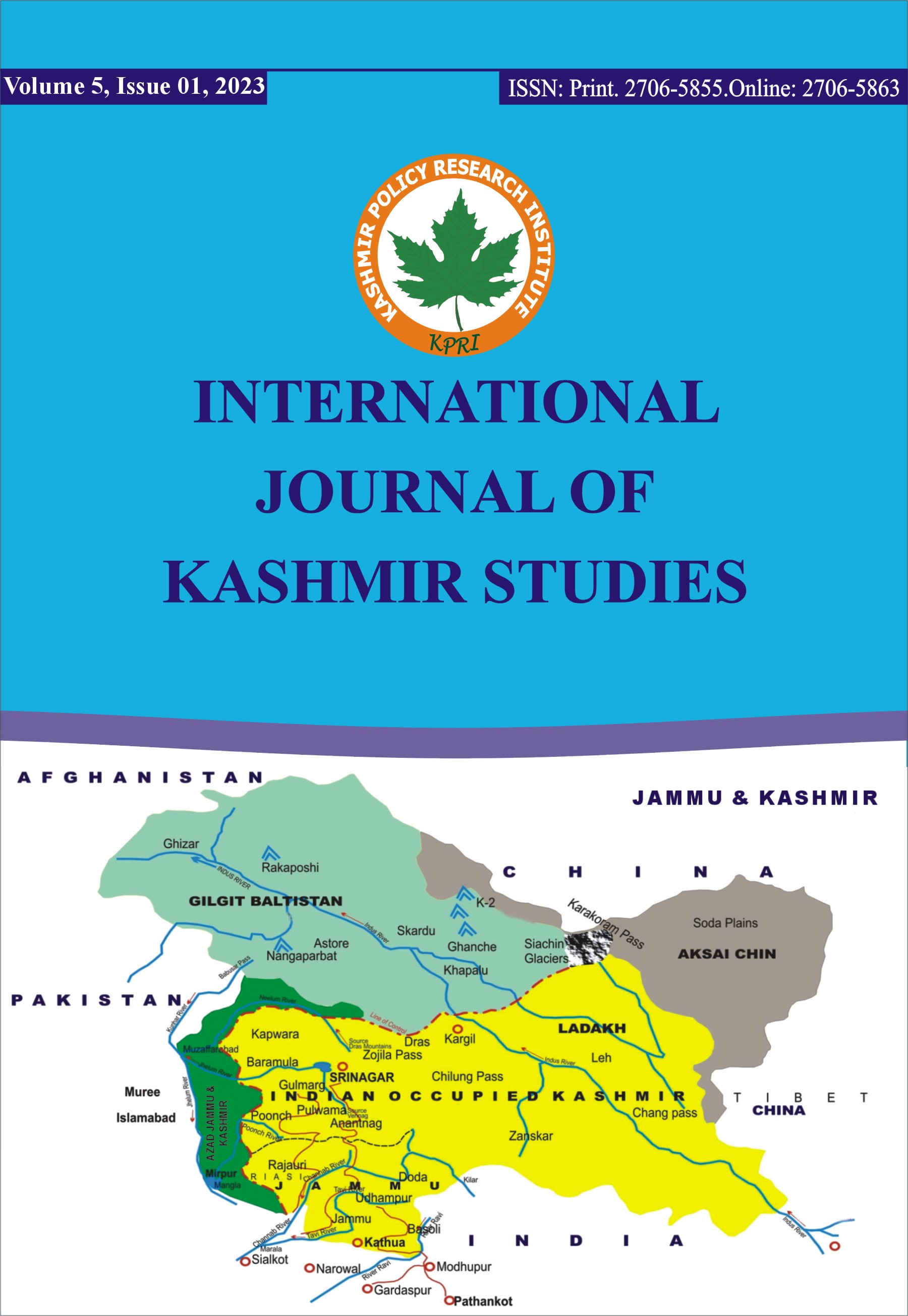Militancy in Balochistan: A Formidable Challenge to the China-Pakistan Economic Corridor
Abstract
The year 2023 marks twenty-five years of South Asia’s overt nuclearization and nonuse of nuclear weapons. This period has seen India and Pakistan embroil in perilous nuclear-tinged crises because of the unresolved and simmering Kashmir issue. Starting with the 1999 Kargil Conflict, Indo-Pak crises have become more dangerous, escalatory, and difficult to terminate. A careful assessment of recent Indo-Pak standoffs, not least the Pulwama- Balakot Crisis, reveals that India seems amenable to upping the ante against Pakistan not only through the use of force but also through nuclear saber-rattling. All this has been complemented by jingoistic rhetoric from the Indian leadership, which is not only diluting India’s even otherwise questionable commitment to its No-First-Use (NFU) policy but also threatening to revise the territorial status quo vis-à-vis Pakistan. This, coupled with India’s nuclear modernization, is not good news for both nuclear deterrence and the nuclear taboo, which have elongated nuclear nonuse in South Asia. India’s tough talk with Pakistan is increasingly getting dovetailed with ideologically motivated, expansionary references to the idea of Akhand Bharat (Undivided India). Frequent invocations of this grandiose concept exemplify the adherence of the Bharatiya Janata Party (BJP) to the exclusionary ideology of Hindutva. Therefore, this article focuses on the effects of BJP’s drift towards militarized Hindu nationalism on the future of nuclear nonuse in South Asia. It argues that, with Hindu nationalism fast- becoming a factor affecting India’s posture towards Pakistan, the already fragile strategic stability will come under further stress, weakening and challenging both deterrence and the taboo associated with nuclear weapons.
Downloads


